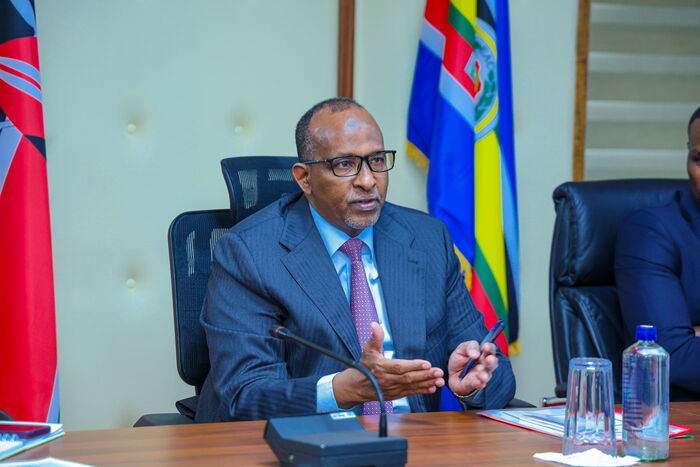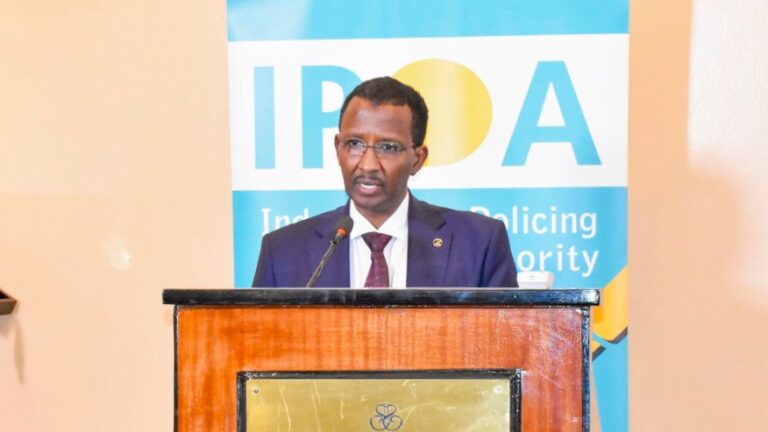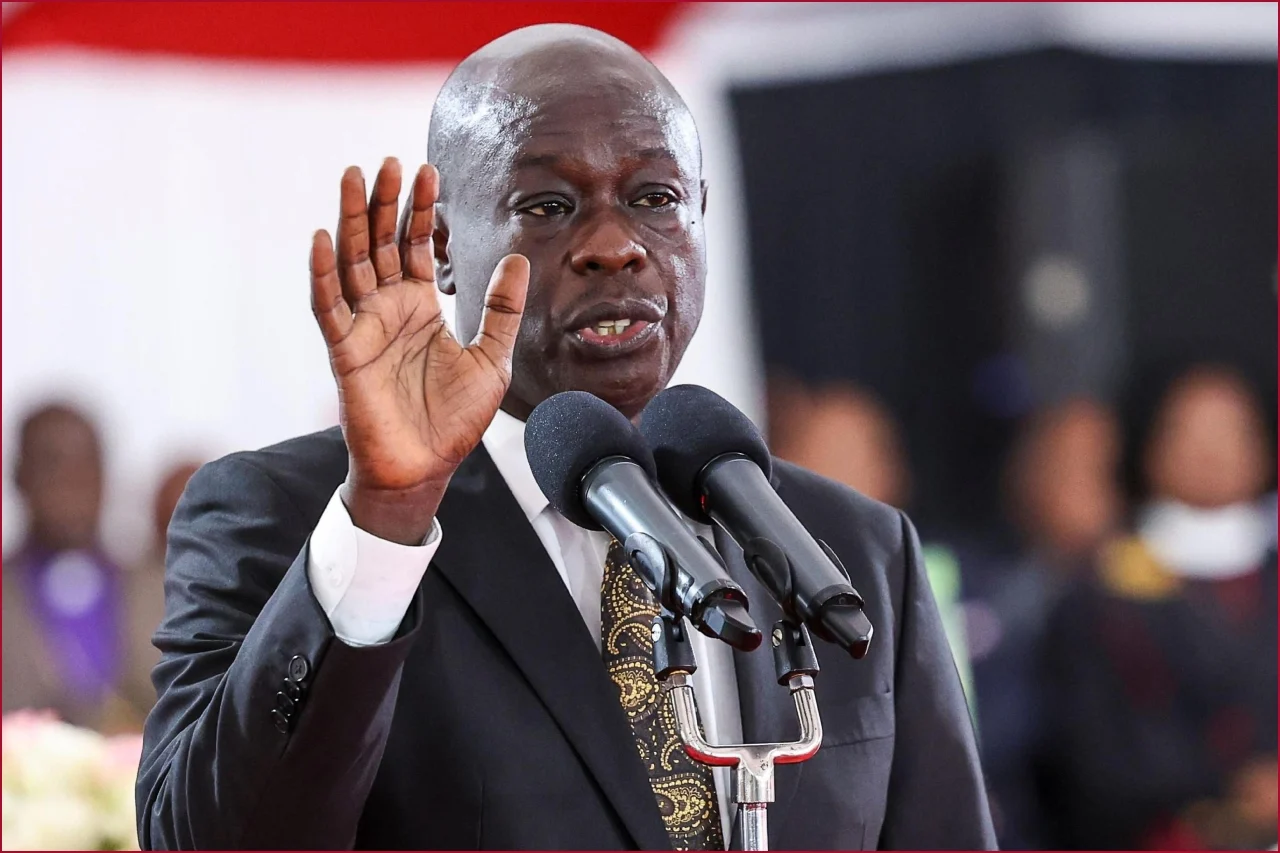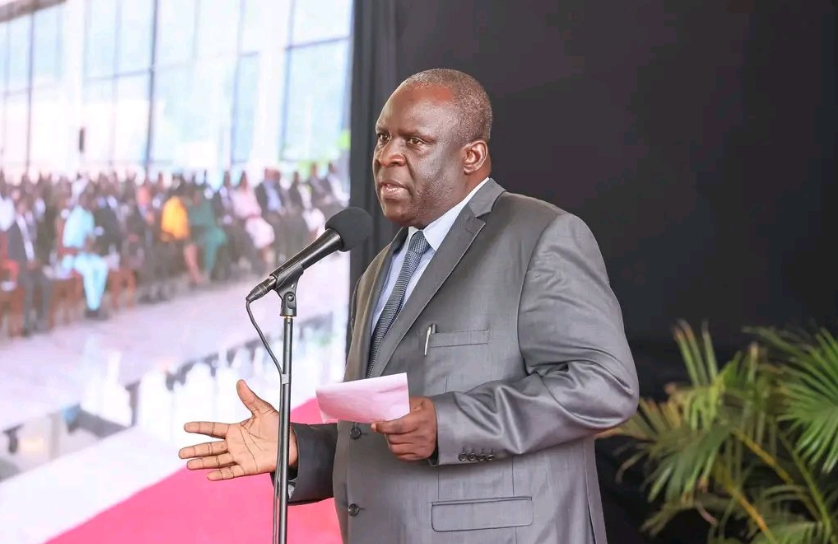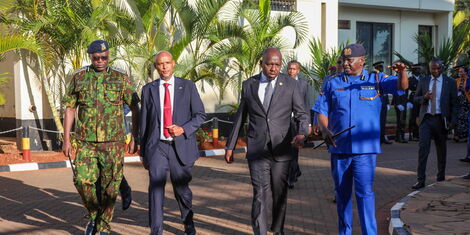Interior Cabinet Secretary Fred Matiang’i has escalated the national outcry over bodies discovered in River Yala, securing public backing for a wide-ranging inquest into extrajudicial killings and forced disappearances that continue to haunt Kenya.
In a rare and urgent public declaration, Matiang’i acknowledged the “ghosts” of River Yala—referring to the dozens of bodies allegedly dumped by security operatives—while lending full support to a civilian-led commission of inquiry aimed at exposing the depth of the state’s alleged abuses. His endorsement comes amid surging pressure from rights groups, lawmakers, and increasingly outraged communities demanding transparency and accountability.
A recent National Assembly petition, supported by civil society coalition Kituo Cha Sheria, cites over 1,200 alleged extrajudicial killings and more than 270 forced disappearances since 2007—highlighting the River Yala recoveries as a flashpoint that cannot be swept under the rug.
Official records indicate that between July 2021 and early 2022, some 30 to 40 bodies were retrieved from the river, many showing signs of foul play. In one striking finding, the Independent Policing Oversight Authority (IPOA) confirmed that at least three of the recovered bodies displayed clear indicators of extrajudicial execution .
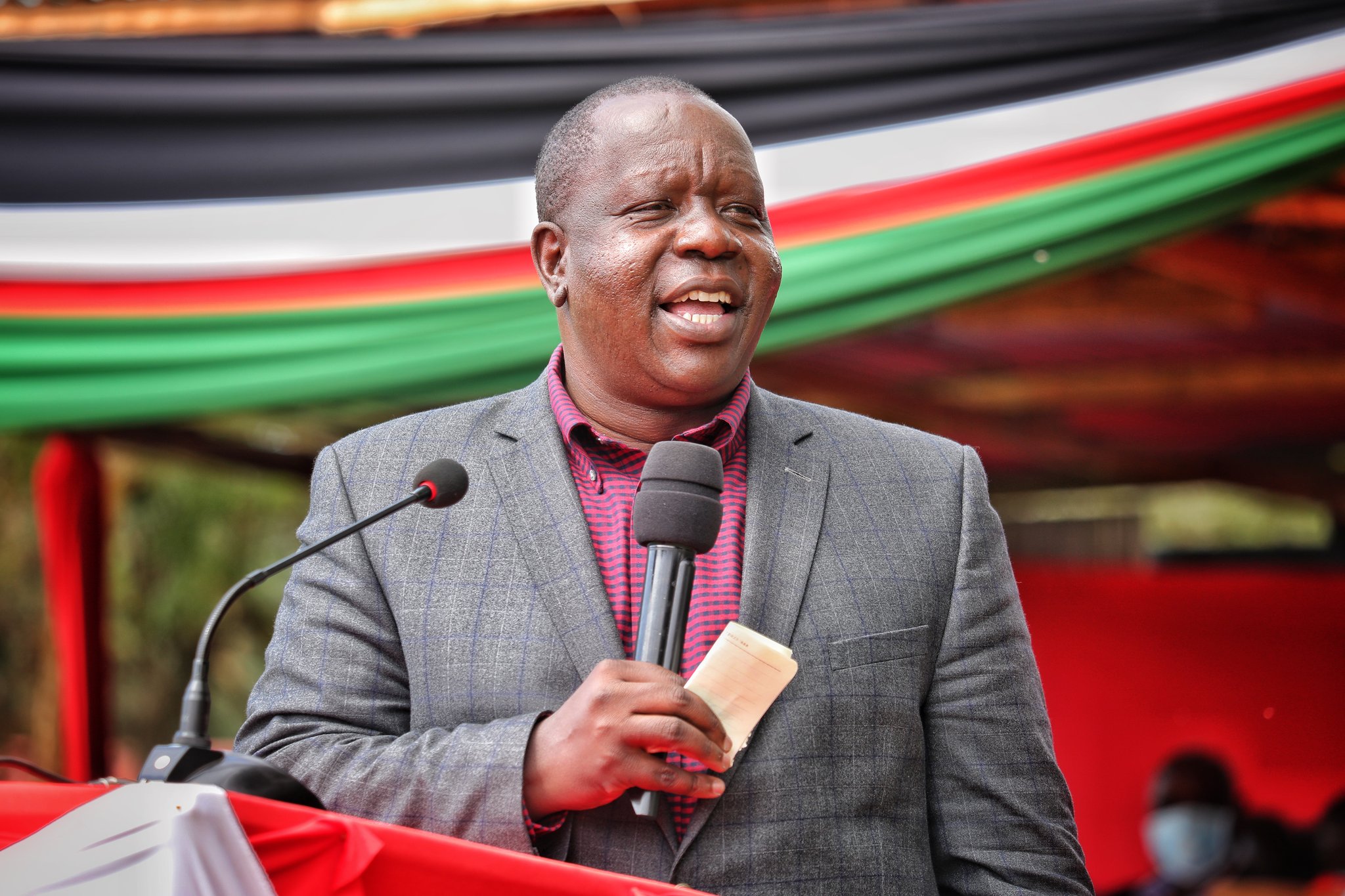
The shocking revelations triggered a wave of outrage. National Assembly Majority Leader Kimani Ichung’wa has urged investigators to hold accountable former ministers and senior security officials—naming names from DCI bosses to Interior Cabinet Secretaries and even the presidency.
Meanwhile, the Kenya National Commission on Human Rights has sounded the alarm: extrajudicial violence and disappearances are clawing back Kenya’s gains in upholding human rights, especially for vulnerable youth.
Matiang’i’s support for a public hearing stands in stark contrast to earlier government denials, signaling a shift toward openness. He said fully empowering investigative bodies and instituting sweeping police reforms are critical to restoring public trust. He echoed reforms launched under his watch to strengthen human rights training in the police service.
However, critics argue it may be too late unless the commission’s findings are swiftly translated into prosecutions and legal changes. Calls are growing to enact comprehensive legislation that distinctly criminalizes forced disappearances and holds security forces legally accountable—an area where Kenya’s legal framework remains tenuous .
With the specter of River Yala’s unidentified corpses looming large, Prime-time political figures are now under intense scrutiny. The central question reverberating across the nation: will Matiang’i’s backing of a public inquiry catalyze meaningful justice for victims’ families and signal a turning point in Kenya’s battle against state-backed impunity?


